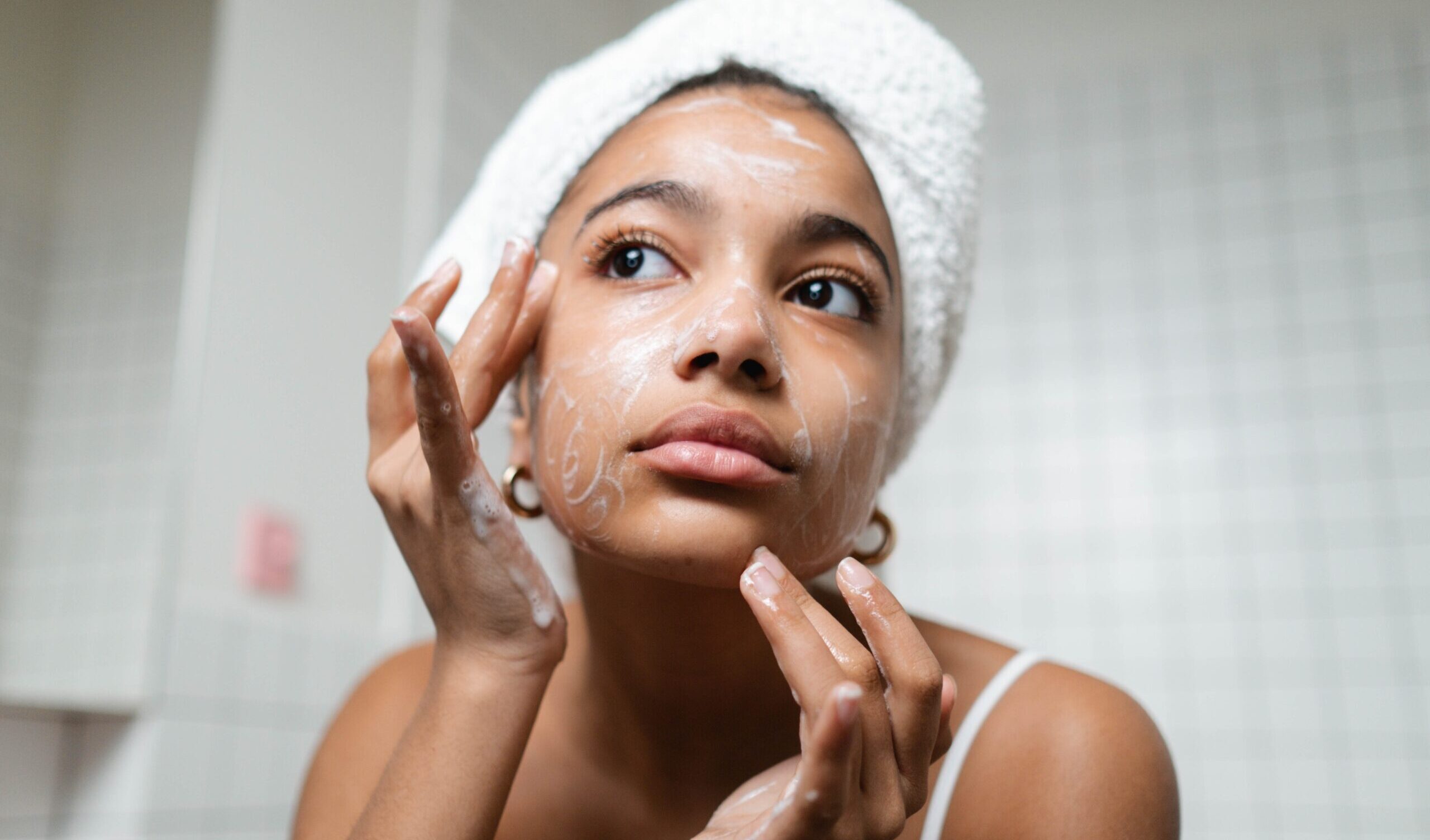7 Tips for Healthy and Hydrated Skin
- skin-conditions
- skincare-tips
From constant itching to embarrassing flakes, dry skin can be a pain. When left untreated, that annoyance can become a bigger problem, even leading to allergies or skin reactions.
With the proper knowledge and some TLC for your epidermis, avoiding these greater issues becomes a simpler task. Chase away dry skin discomfort by keeping it healthy and happy with proper hydration.
1. Sleep with a humidifier on.
Dry, stale air can often lead to dry, irritated skin. Those living in arid environments or with the heat on high during winter months should consider investing in a humidifier. These units add moisture back into your environment, which leads to more humid air and, as a result, helps to moisturize the skin.
2. Drink fluids throughout the day.
Simply put, you can’t go wrong with water. Keeping hydrated throughout the day can help your skin stay hydrated in return.
Staying hydrated during the day often helps keep skin healthy and glowing. On the other hand, dehydration can leave skin at high risk for drying out.
Unsure of how much water you should be drinking? As a guideline, the U.S. National Academies of Sciences, Engineering and Medicine recommends:
- 15.5 cups daily for adult men
- 11.5 cups daily for adult women
Factors such as your location, diet, level and activity, and more can also affect how much water you need to keep hydrated.
3. Take cooler showers.
While a nice hot shower may seem inviting, those with dry skin should think twice before hopping in. Dial back the heat!
When skin is exposed to high temperatures, like those found in a steaming shower, its natural oils are at risk of being stripped away and may even damage your skin. To play it safe preserve your skin, opt to keep waters lukewarm instead.
Take care when drying as well. Avoid vigorously scrubbing with your towel and opt for soft, pat-drying instead.
4. Adopt a nightly skincare routine.
There’s time to love your skin even when you’re fast asleep! Adopting a nightly skincare routine will help to keep you feeling fresh from sun up to sundown.
Emolients are perfect for overnight revitalization. These heavy creams tend to take a bit longer for the skin to absorb, so making them part of your nightly routine will give your skin the time it needs to soak them up.
5. Don’t forget your sunscreen.
A relationship with sunscreen is a summer fling for many, but it should really be long-term! The sun’s harmful UV rays threaten skin no matter what season.
At best, unprotected exposure to these rays can lead to dried skin and sunburn – maybe a tan if you’re lucky. At worst, prolonged UV ray exposure puts you at high risk of skin cancer.
Applying sunscreen daily is the best way to keep safe from the sun for healthy and happy living. The American Academy of Dermatology Association (AADA) recommends sunblocks with a minumum of SPF 30.
6. Moisturize after washing.
Washing hands has always been important, but people are doing it now more than ever! While good hygiene is essential, it can also damage your skin.
Constant scrubbing can lead to dry, cracked skin. Try going from your standard antibacterial soap and switching over to one with moisturizing properties. Again, we recommend washing with lukewarm or cool water here as well.
After you’ve washed, go the extra step. Applying a skin lotion or thick moisturizer next can help to seal in moisture for truly hydrated skin.
7. Pay attention to your body.
Just like our personalities, looks and tastes, our skin and what it reacts to are completely unique to each of us. One lotion that may work wonders for you may leave your sibling or spouse with red, flaky patches. Paying attention to how your body reacts to different substances and environments can help narrow down the causes for your dry skin.
Working alongside your board-certified dermatologist is the best way to find this root cause. They are trained to recognize the signs and symptoms of topical issues and help administer relief once the problem is identified.
Common symptoms of dry skin can include:
- Tightness in your skin
- Skin that feels and looks rough
- Redness or itching
- Flaking, scaling or peeling skin
- Cracked, bleeding skin
If you are experiencing issues with these or other symptoms, reach out to Charleston Dermatology today to schedule your next skincare appointment!
